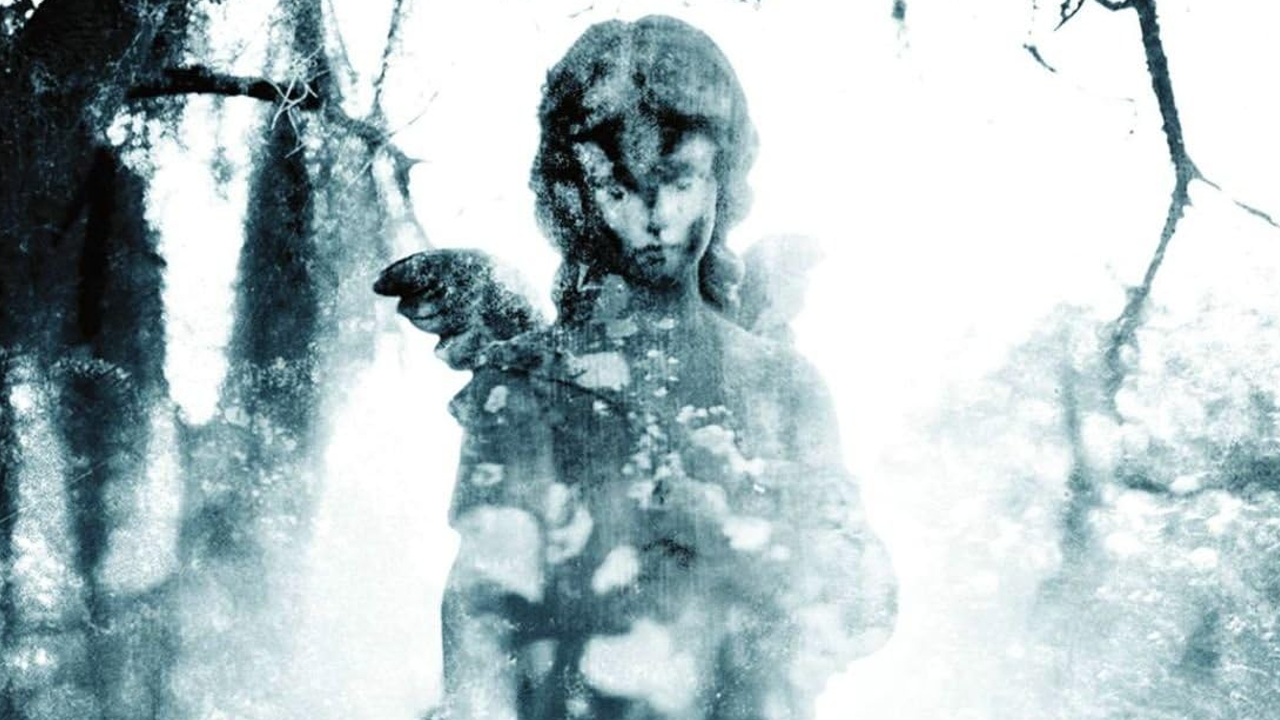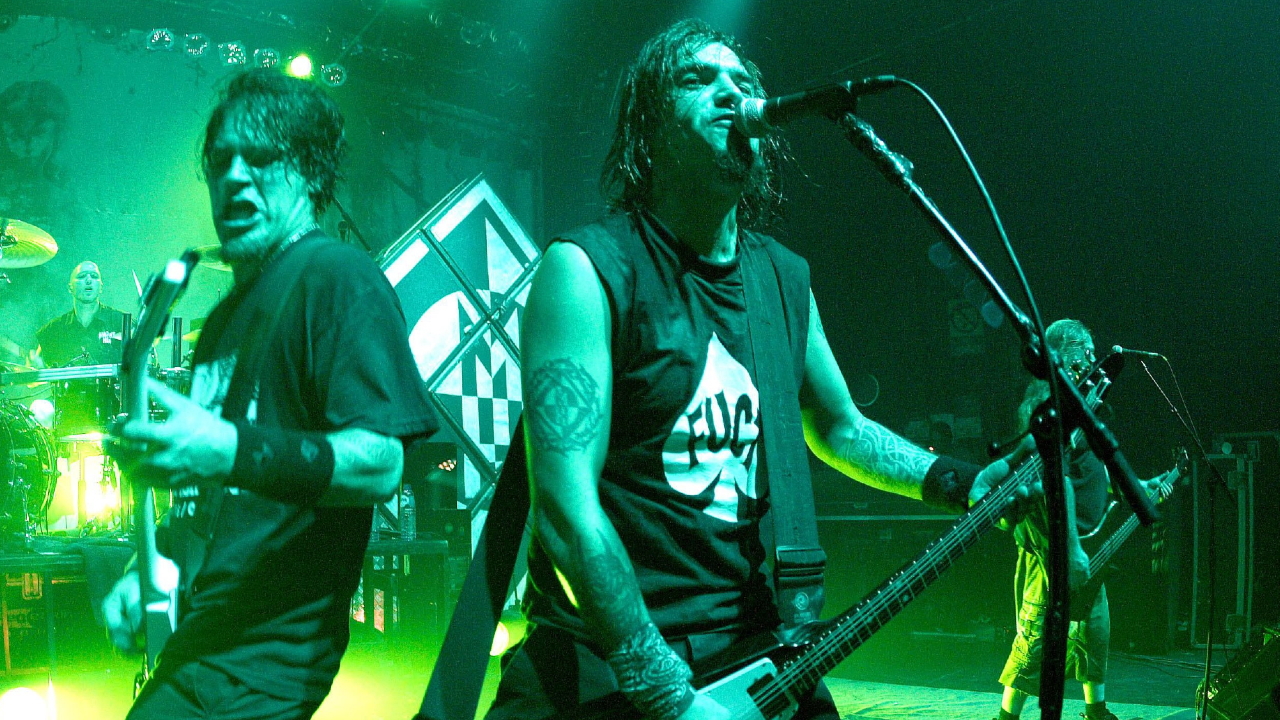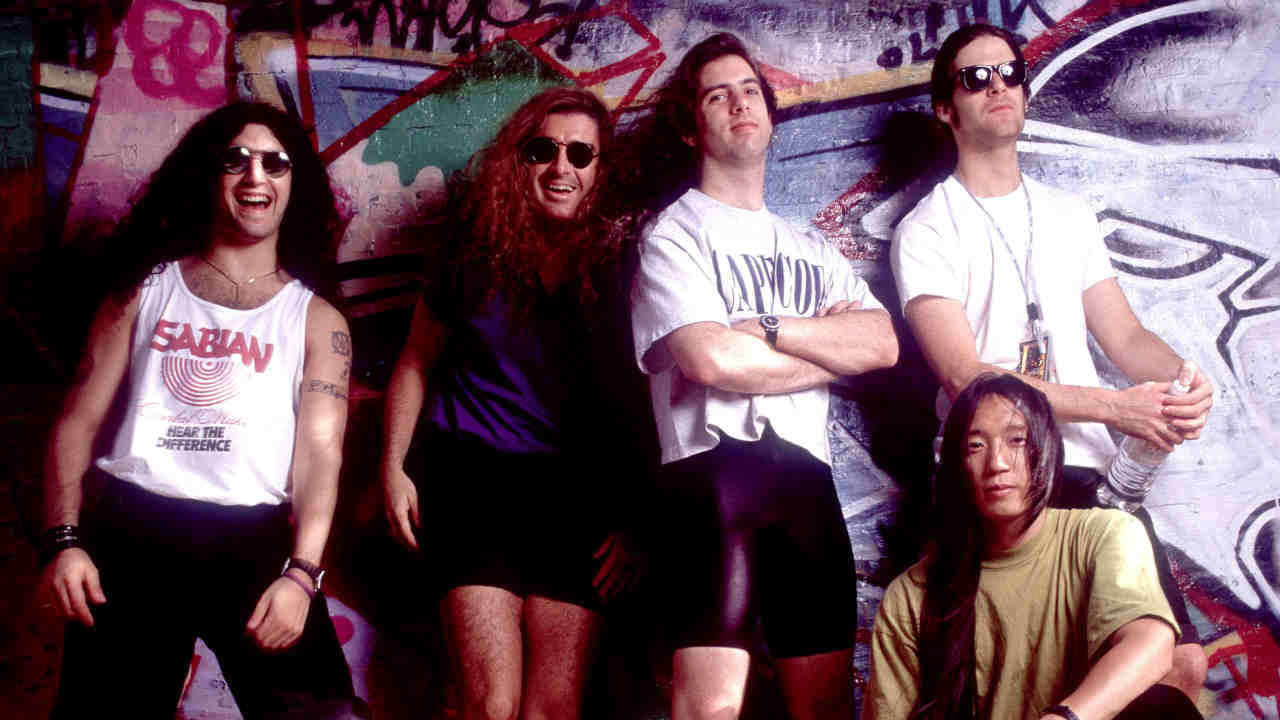“We had 35 labels pass!” Through The Ashes Of Empires at 20: The groove metal monster that saved Machine Head’s career
After the debacle of Supercharger, Machine Head couldn’t even find a record label. Then Through The Ashes Of Empires reversed all their fortunes.

After being one of the 1990s’ definitive metal bands, Machine Head appeared to be falling apart as the new millennium dawned. Their fourth album, 2001’s Supercharger, was comfortably their weakest effort thus far, flopping critically and commercially. Plus, the former groove metal heavyweights were about to be dropped by their longtime record label.
For most bands, such fortunes would signal the end of their time in the spotlight – if not their entire career. However, Machine Head rallied and produced one of the finest albums of the era: a genuine classic named Through The Ashes Of Empires.
Supercharger was unloved by pretty much everybody. While the band’s first three albums had all shifted over 100,000 copies in the US alone, its sales stalled at half that figure. Across the pond, after Machine Head’s last two releases both cracked the top 20 of the UK album chart, it couldn’t even break the top 30.
Those that did hear actually Supercharger were less than impressed, with Machine Head doubling down on the nu metal sound that they’d employed on 1999’s The Burning Red. Its cause also wasn’t helped by the fact that lead single Crashing Around You was pulled from MTV and rock radio almost immediately after the September 11 terror attacks.
By the time Supercharger’s touring cycle limped to its conclusion in 2002, Machine Head were seen by their longtime label, Roadrunner Records, as a spent force. All promotional funding was pulled and the mutual decision was made for the pair to part ways. The band tried to find a new home, but their stock was so low that dozens of labels rejected the chance to sign them.
Machine Head leader Robb Flynn reflected on his mindset post-Supercharger in a 2022 Metal Injection interview: “I’m kinda crushed [and thinking,] ‘Maybe this is it. We just had 35 labels pass. Give up the dream!’”
However, Machine Head weren’t willing to just go away – even in spite of their guitarist, Ahrue Luster, shedding rank in 2002. Robb, bassist Adam Duce and drummer Dave McClain started to work on new material as a three-piece, going back to their musical roots and attempting to rediscover the spark that had made their 1994 debut album Burn My Eyes such a classic.
Sign up below to get the latest from Metal Hammer, plus exclusive special offers, direct to your inbox!
In March 2003, a still-unsigned Machine Head, now joined by Phil Demmel on second guitar, believed they had songs of significant-enough quality to enter the studio and record a new album. All on their own dime, with a completely DIY approach, Robb and the lads produced what would become Through The Ashes Of Empires through “necessity… not by choice.”
Although their contract with Roadrunner in the US had been severed, the band remained on the label in Europe and Australia, leading to the album being released in those territories on October 31, 2003. It was a slow burn, not pulling up any trees with its meagre charting positions. That said, reviews were positive, and when those fans that had stuck with the band heard the album, a rare organic buzz began to envelop Machine Head.

Much of this was thanks to the opening track, Imperium: a stone-cold classic of 2000s metal. Those that had checked out of the band were left gob-smacked by its tornado of riffs and the return of Flynn’s snotty, bawling, unbowed snarling. When those who were intrigued heard the remaining 10 songs, it confirmed what Imperium had hinted at: Machine Fucking Head were back.
“The metal fans of this country stood behind this band,” Flynn proudly told Lambgoat. “They believed in us, and while it may have been off many people’s radars, Machine Head have quietly managed to out-sell, and out-draw, nearly every one of these up-and-coming bands.”
Within six months, the noise around Through The Ashes Of Empires was impossible to ignore: Machine Head, amazingly, re-signed with Roadrunner in the US. They then headed out on the Road Rage and Ozzfest tours, feeling reinvigorated and reborn – and tearing up any stage they played.
It all set the scene for an even greater triumph four years later. In 2007, out came the truly legendary The Blackening, which cemented Machine Head as being back at the very top of metal’s mountain. It’s a grand comeback story that, make no mistake, could never have happened without Through The Ashes Of Empires.

Stephen joined the Louder team as a co-host of the Metal Hammer Podcast in late 2011, eventually becoming a regular contributor to the magazine. He has since written hundreds of articles for Metal Hammer, Classic Rock and Louder, specialising in punk, hardcore and 90s metal. He also presents the Trve. Cvlt. Pop! podcast with Gaz Jones and makes regular appearances on the Bangers And Most podcast.

